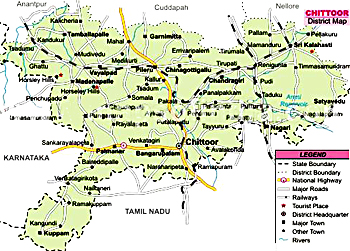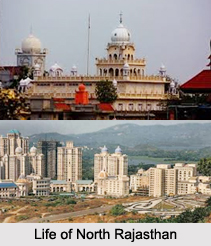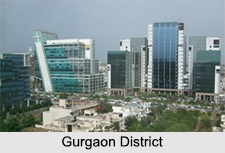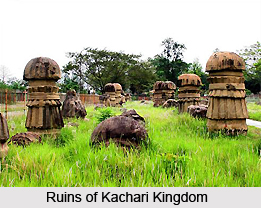 Economy of Sabarkantha District in Gujarat is primarily agrarian. Agriculture and Dairy Farming are the most important occupation for the people of the district. Sabarkantha district is the chief producer of Ber (Indian Jujube), Cereals, and Pomegranate in the State. Sabar Dairy in Sabarkantha district manufactures and distributes diverse types of milk products. Production of large quantities of clay, silica sand and bauxite has opened up new avenues for the tiles, glass, fine bricks and crockery. Food processing and textiles are the other emerging sectors which have opened up opportunities for investment. Some key players having operations in Sabarkantha are Sabar dairy, Pathik Agrotech, Gujarat Ambuja Exports Ltd., Oracle Granite Limited, Eureka Tiles, and City Tiles Ltd.
Economy of Sabarkantha District in Gujarat is primarily agrarian. Agriculture and Dairy Farming are the most important occupation for the people of the district. Sabarkantha district is the chief producer of Ber (Indian Jujube), Cereals, and Pomegranate in the State. Sabar Dairy in Sabarkantha district manufactures and distributes diverse types of milk products. Production of large quantities of clay, silica sand and bauxite has opened up new avenues for the tiles, glass, fine bricks and crockery. Food processing and textiles are the other emerging sectors which have opened up opportunities for investment. Some key players having operations in Sabarkantha are Sabar dairy, Pathik Agrotech, Gujarat Ambuja Exports Ltd., Oracle Granite Limited, Eureka Tiles, and City Tiles Ltd.
Major food crops like oilseeds, and fruits produced in the district comprise castor, wheat, groundnut, mango, tobacco, ber, and pomegranate. The district contributes to over ten percent of the overall potatoes produced in the State. Brinjal, tomato, cabbage, and cauliflower are the most important vegetable crops cultivated in the district. There are at present more or less forty two medium and large scale industries in Sabarkantha district. Walls and floor tiles (ceramics), chemicals, plastic and plastic products and commercial office and household equipments are some of the major small scale industry sectors of the district. Sabarkantha houses over 8,000 Small Scale Industries, employing close to 34,200 people. Other sectors such as food processing, cement, paper and pulp, textiles and chemicals have also been growing at a steady pace.
The region has advantages of rich agriculture base and accessibility of fertile land. Major section of the society depends on agriculture for their livelihood. Recent surge in the augmentation of ceramic industry in the district has enhanced employment potential. Production of large quantities of clay, silica sand and bauxite has opened up new avenues for the fine bricks, glass, tiles, and crockery industries. Small scale industry sectors such as food processing, vitrified tiles, wood products and chemical-based sectors or industries are the supporting pillars of the financial system. They provide direct and indirect employment to over 34,000 people in the district. Excellent road and rail connectivity to major districts of the State is playing a chief role in driving the economy of the district.



















